Can There Be One Right Religion?
Recently I was in a conversation with a friend, and he asked how I could say that Jesus is the only way. I simply responded, “I’m not saying it. Jesus said it. Take it up with him.”
He certainly didn’t expect that response. And I didn’t mean to be rude or abrupt. My point was that Jesus was the one who first made the claim, and he has the credentials to back it up. If Jesus is really divine, then he has more credentials to speak on eternal life than anyone. He is the only virgin-born, miracle-working, sinless, resurrected Son of God! You may not like the idea of Jesus being the only way (and there being one right religion), but if he truly is the Son of God and said he was the only way to salvation—can you afford to ignore his claim?
It would be nice if everybody could be right, but as a simple reason and basic common sense tell us, all religions cannot be true in their core beliefs. By its very nature, the truth is exclusive. If 1 + 1 = 2, then it doesn’t equal 3, 4, 5, and every other number. While all religions could possibly be wrong, it is not logically possible for all of them to be right when their claims differ so radically. Either they are all wrong, or only one is right.
The chart below shows that all religions, even by their own claims, differ from one another substantively, having their own specific ideas of who God is (or is not) and how salvation may be attained.
| Religion | Beliefs about God | Beliefs about Salvation | Beliefs about other Religions |
| Buddhism | No God | Enlightenment | False |
| Hinduism | Many Gods | Reincarnation | All True |
| Islam | Unitarian (Allah) | The Five Pillars | False |
| Judaism | Unitarian (YHWH) | The Law | False |
| Christianity | Trinitarian (Father, Son, Holy Spirit) | Grace | False |
Many criticize Christianity for its exclusivity, but Christians are not the only group claiming to have the truth. Notice in the chart above that four of the five religions claims exclusivity. They believe that all other religions are false. Hindus often do not claim exclusivity. In fact, many are happy to say that Christianity is true. But the key is what they mean by it. Hindus believe all religions are true when they are subsumed within the Hindu system. In other words, according to Hinduism, Christianity is one medium by which people can experience reincarnation.
But what Hindus don’t mean is that Christianity is true on its own terms. So, like adherents of all other religions, Hindus actually believe Christianity is false, thereby joining every other religious group (including atheists and agnostics) in the belief that only their own worldview is true.
And yet, in another sense, Christianity is not exclusive at all but is the most inclusive religion. Christ invites all unto himself. Christianity excludes no one who will believe, even though Christ himself offers the only way to be reconciled with God.
If Jesus rose from the dead, then Christianity is the one right religion. If Jesus did not rise, then Christianity is false, and possibly some other religion is true (see 1 Cor. 15:14-17).
This is why the resurrection of Jesus is the most important historical event for consideration. If you haven’t examined the evidence yet, such as my father and I lay out in the updated Evidence that Demands a Verdict, now may be the time.
Sean McDowell, Ph.D. is a professor of Christian Apologetics at Biola University, best-selling author, popular speaker, part-time high school teacher, and the Resident Scholar for Summit Ministries, California. Follow him on Twitter: @sean_mcdowell and his blog: seanmcdowell.org.

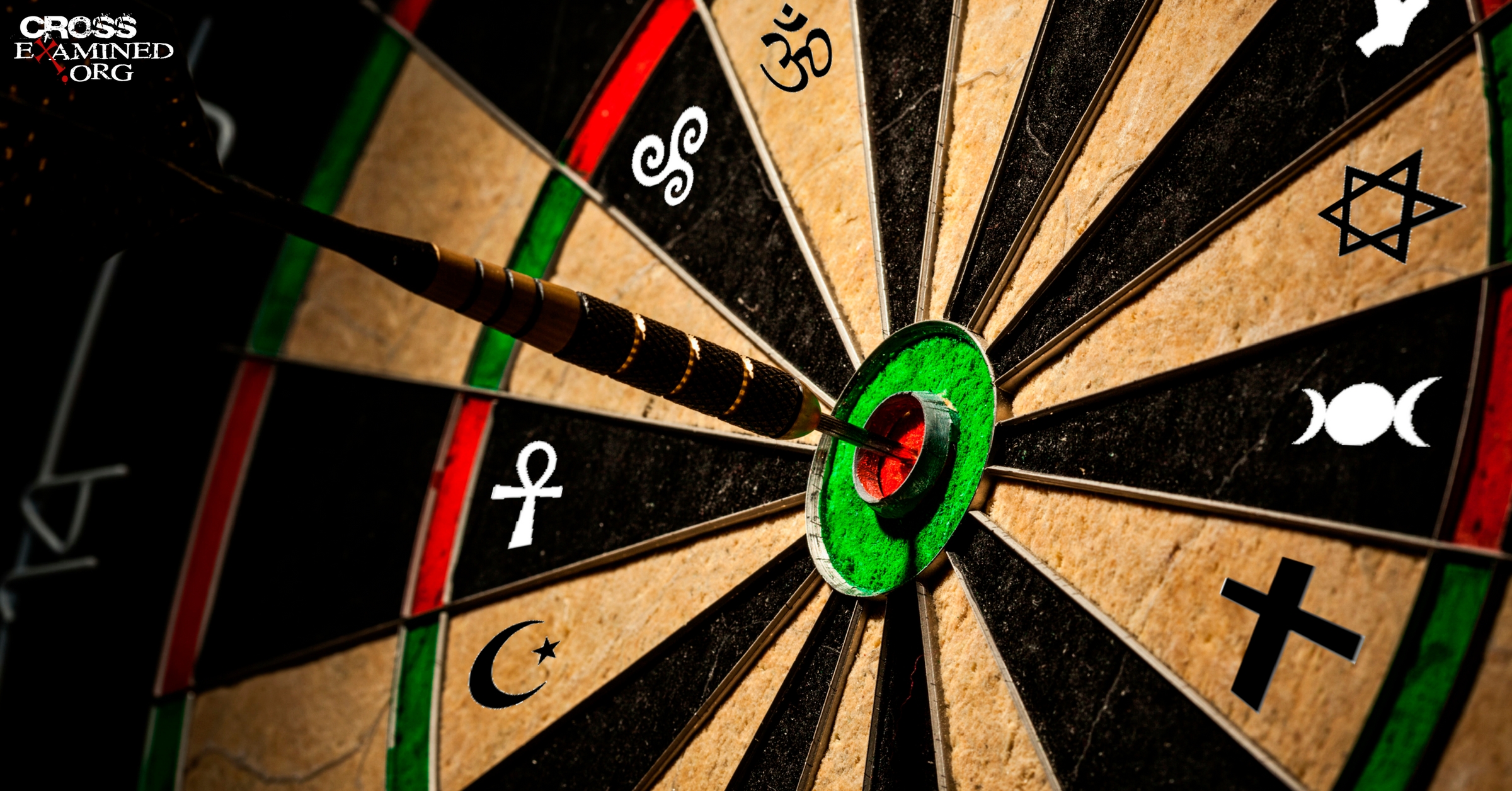

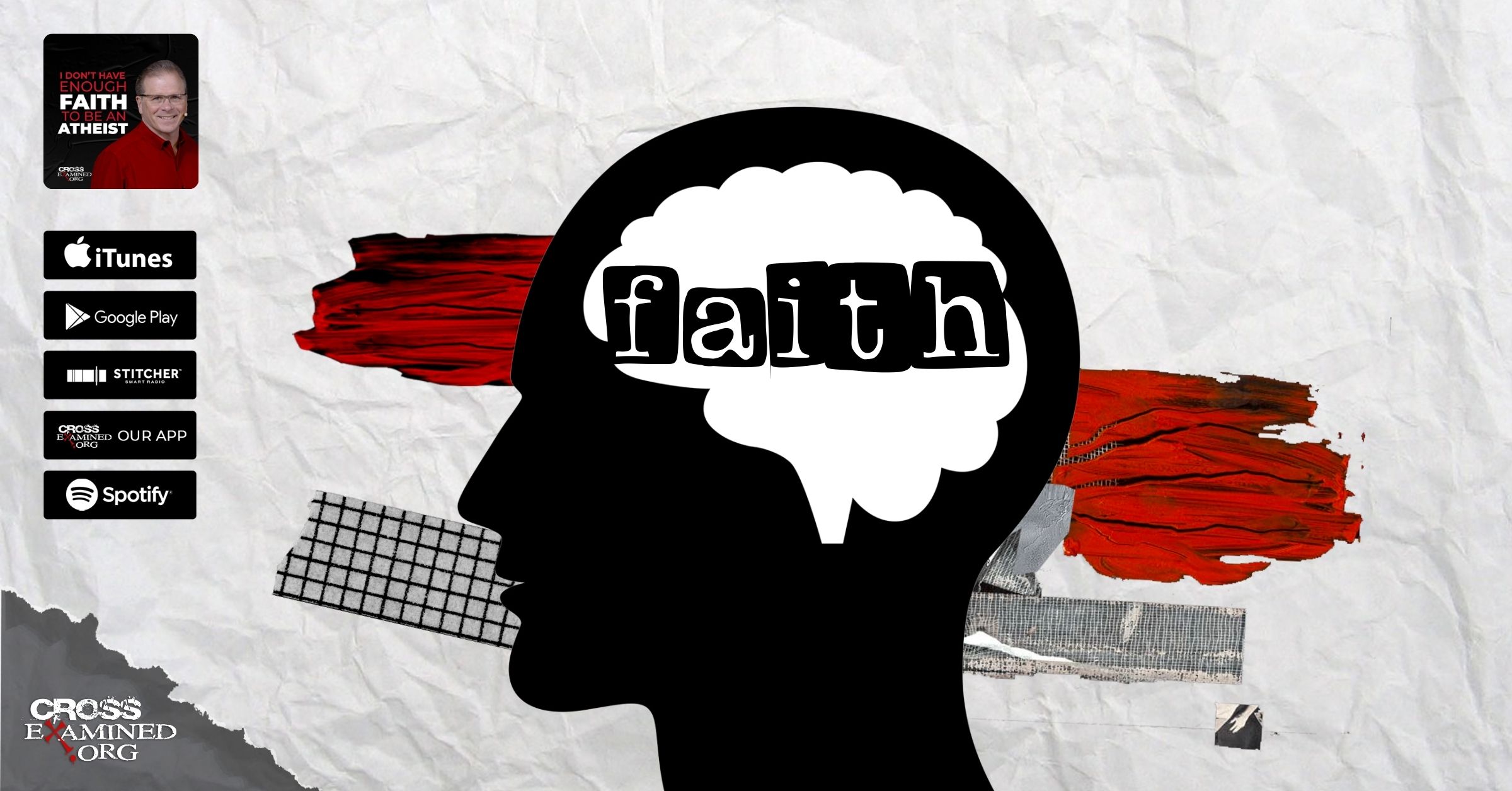



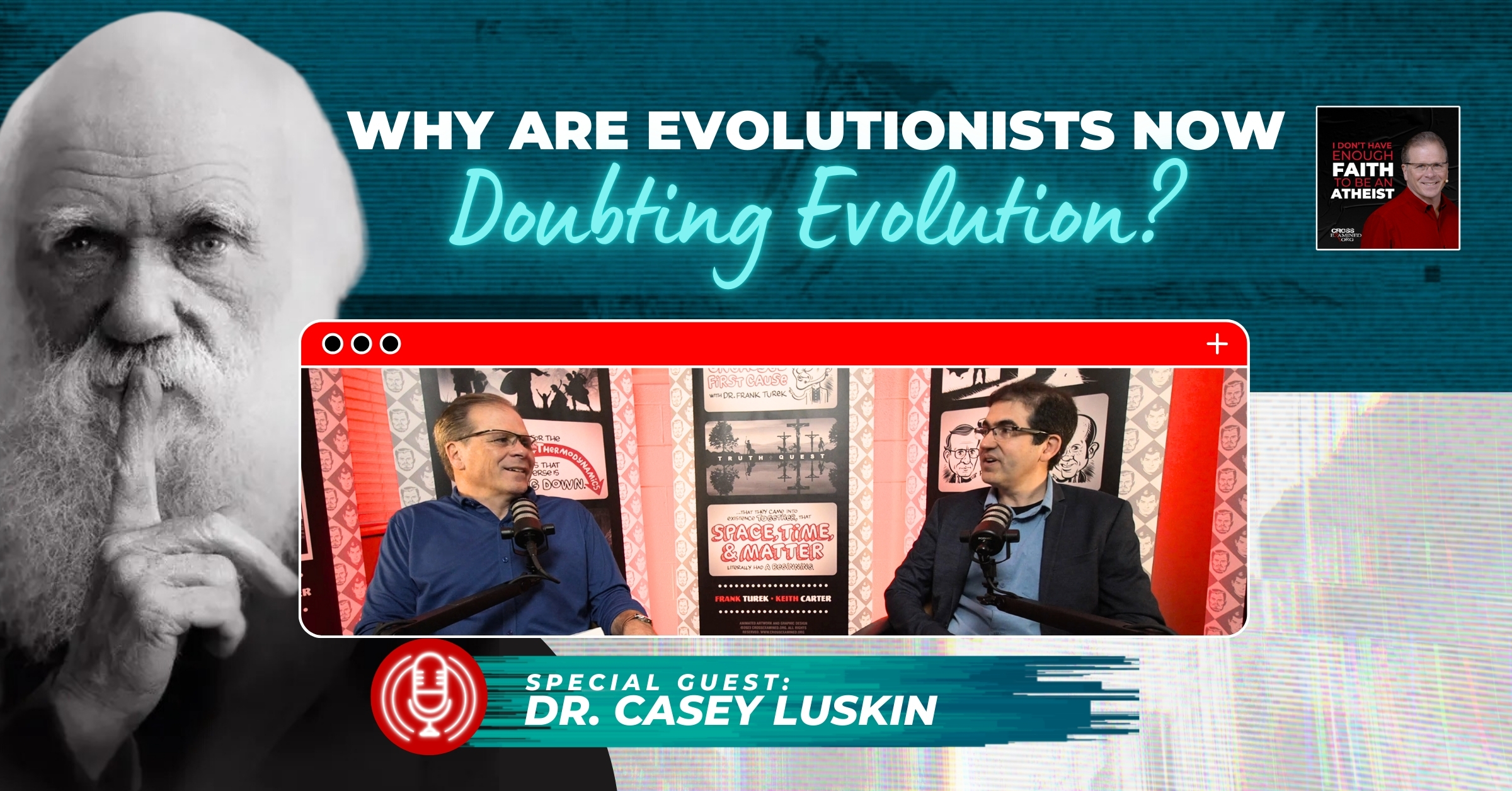


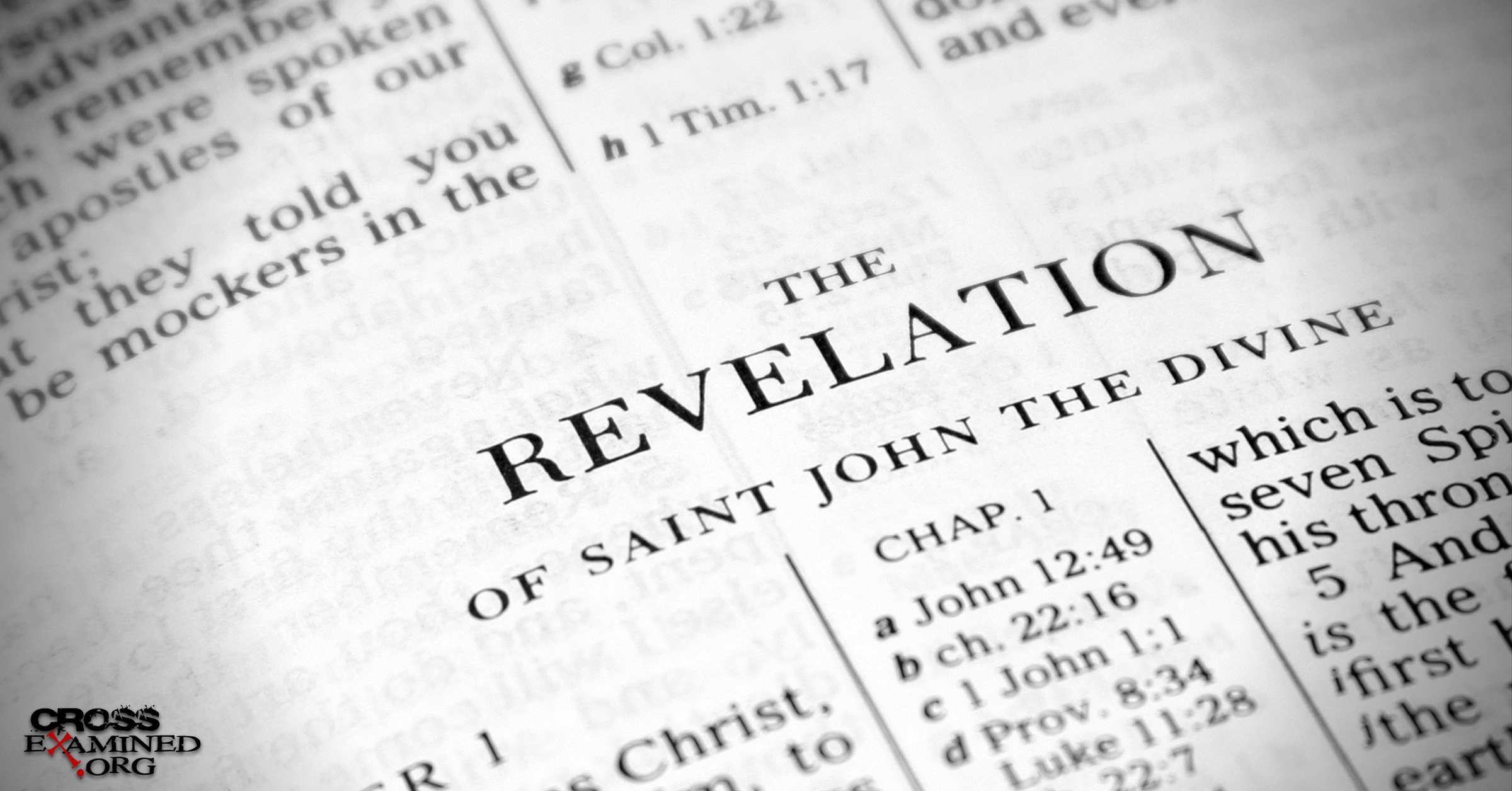
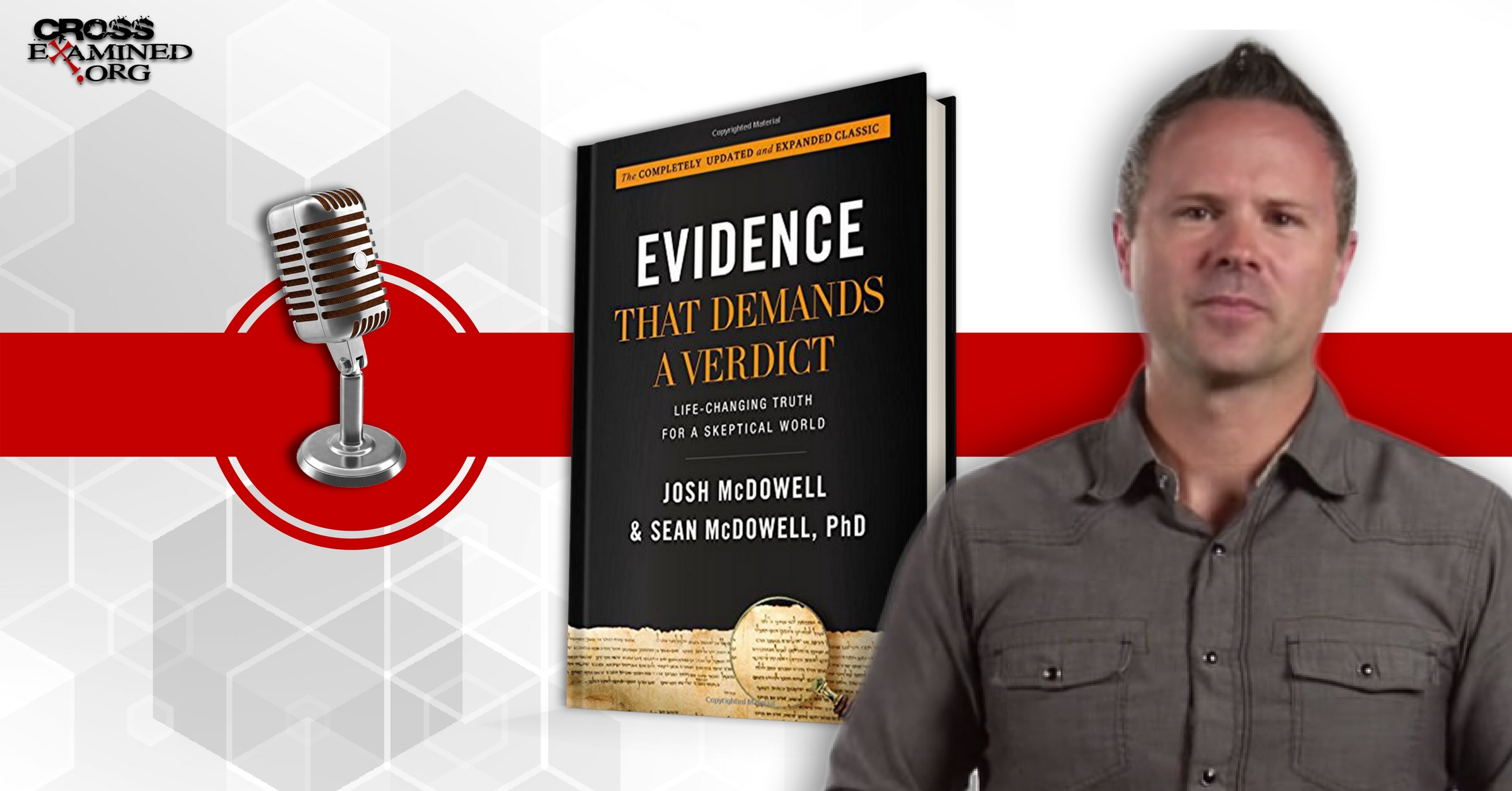
Leave a Reply
Want to join the discussion?Feel free to contribute!